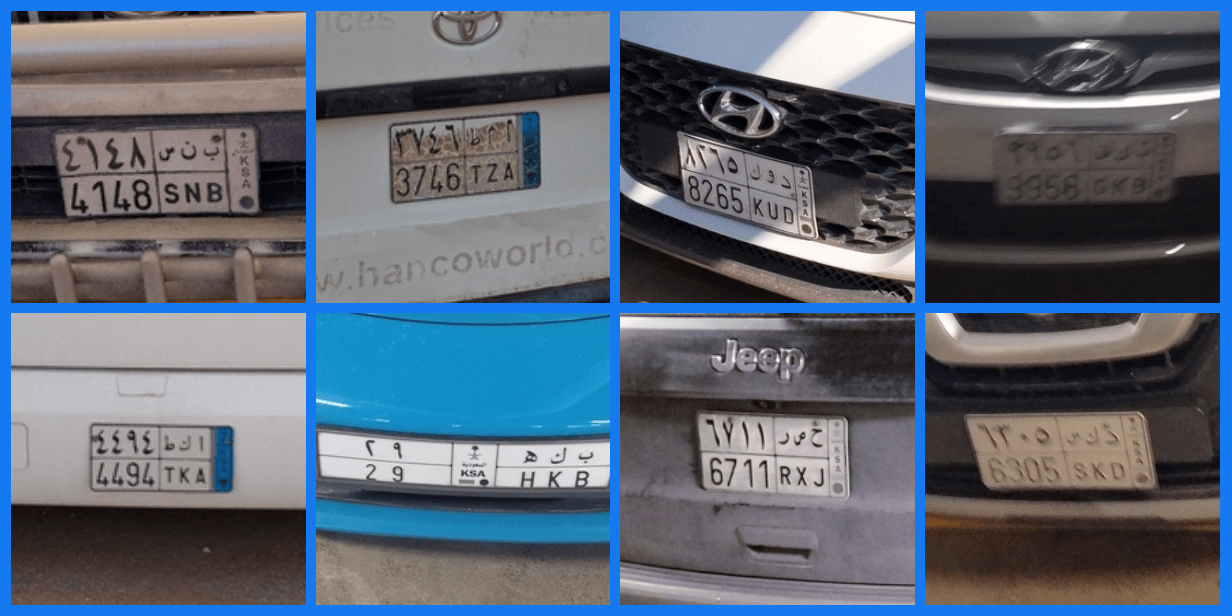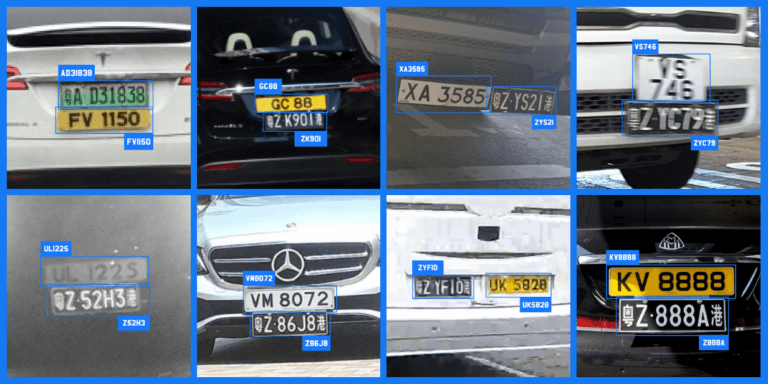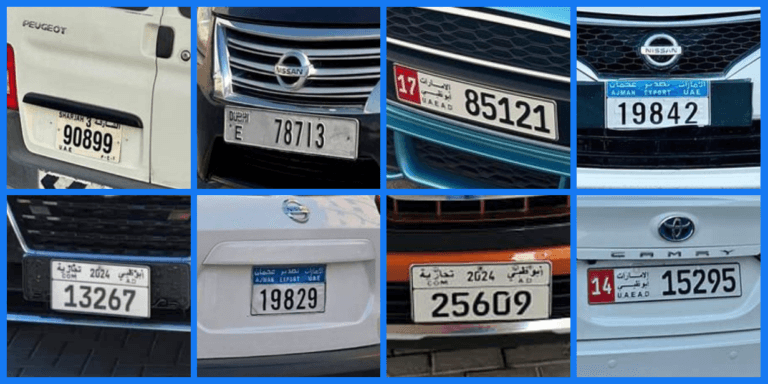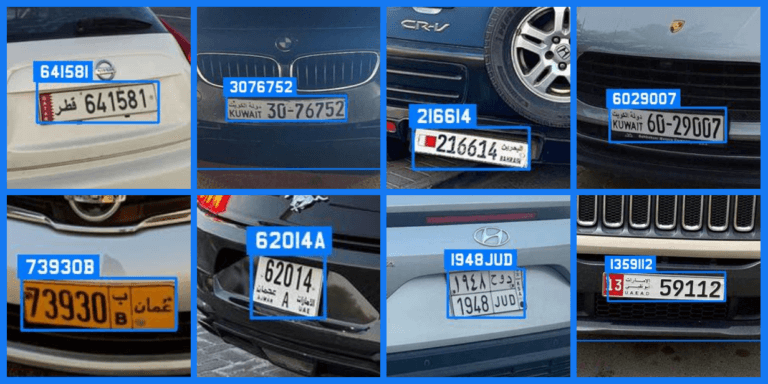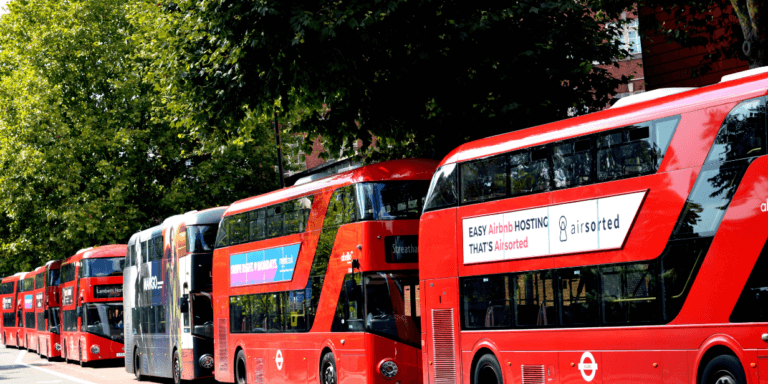The Kingdom of Saudi Arabia (KSA) is a country that has had a persistent traffic problem. Somewhere between 1970 and 1980, the government reported an increase in road density. During this period, the transportation sector recorded a 27% growth per annum which is directly related to the increasing population of the country.
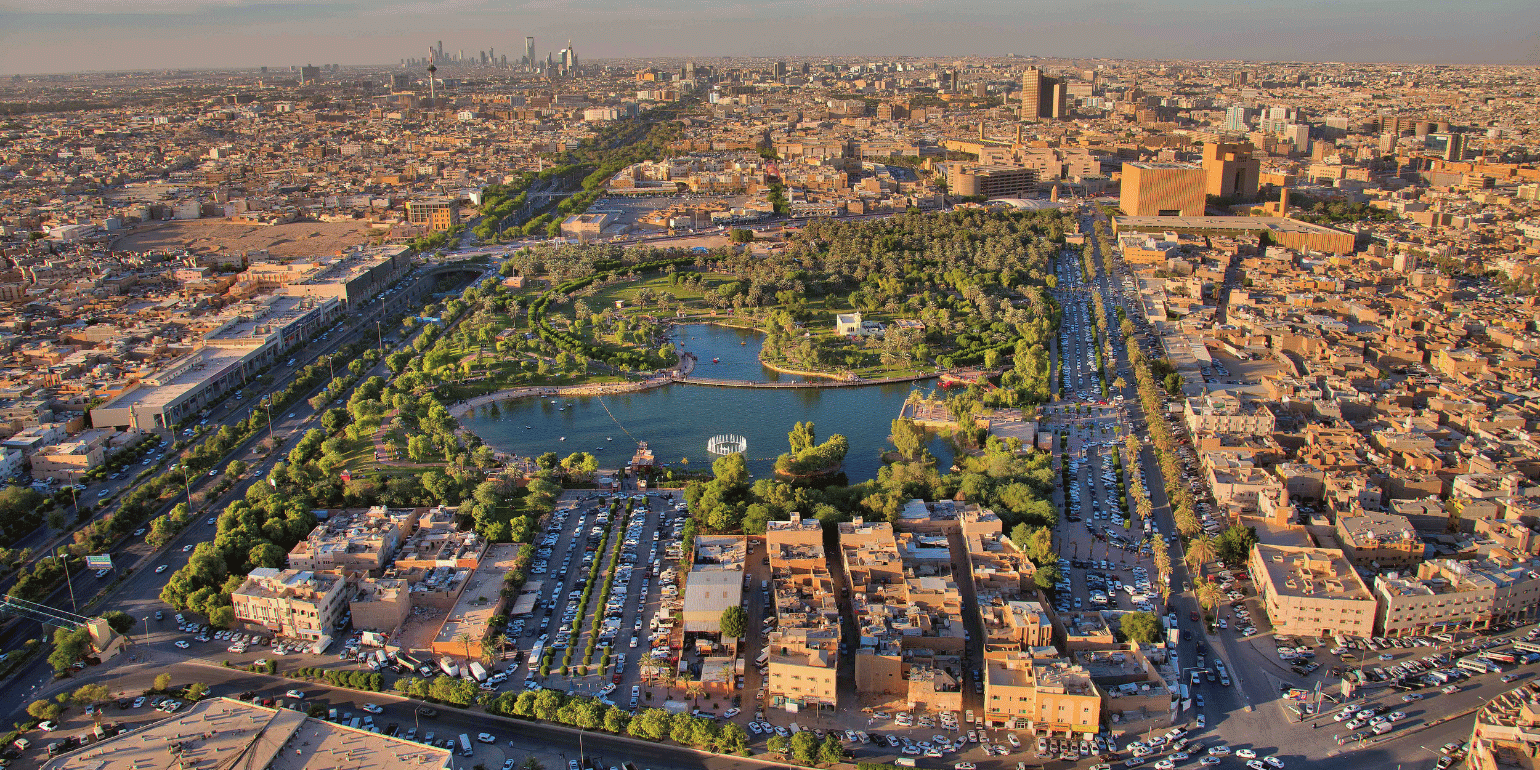
Saudi Arabia aerial shot. Source: Canva
Years later, it seems that Saudi Arabia still has trouble catching up with its population growth as it is still facing road congestion, high incidents of traffic-related accidents, and difficulty in enforcing traffic laws. One solution that the government should be looking at is using Automatic License Plate Recognition (ALPR) for Saudi Arabia which can augment the current automated transport system.
In this article, we’re going to learn about the traffic situation in KSA and see how using ALPR for Saudi Arabia can aid in addressing the country’s various traffic problems.
Evident Need for ALPR for Saudi Arabia
Saudi Arabia is set to be the world’s fastest-growing economy. In the years to come, the country will be working towards its Vision 2030 framework that aims to reduce Saudi Arabia’s dependence on oil. The Vision 2030 blueprint is ambitious, aiming to create more business opportunities, diversify the country’s economy, and better the lives of its citizens.
Despite its promising future plans, KSA still struggling with a variety of traffic issues that will likely worsen as its economy grows.
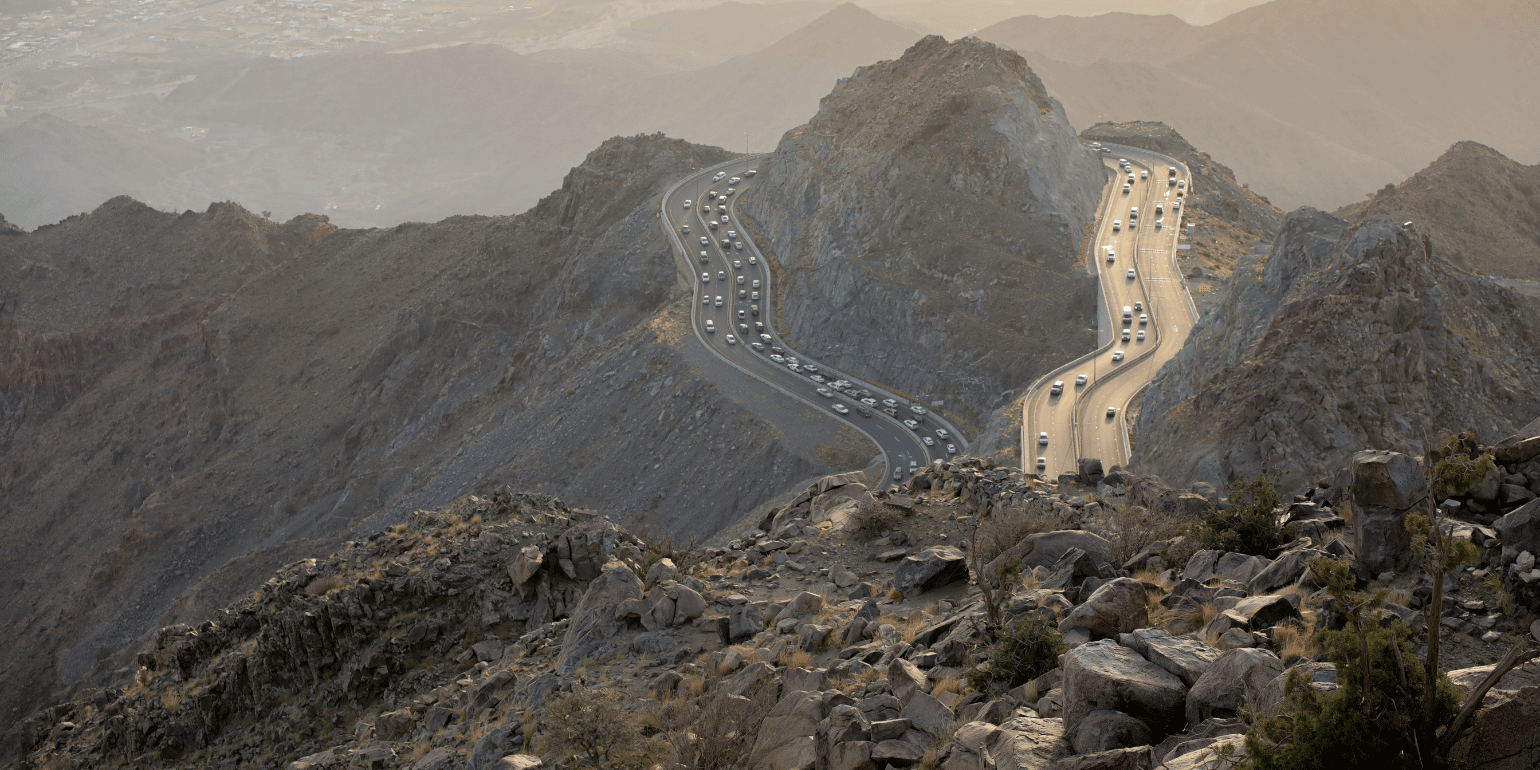
Al Taif Mountains. Source: Canva
High Number of Road-Related Accidents and Injuries
In the sectors of public transportation and safety, the government has already implemented several public projects as well as put in place a new penalty point system for traffic violators. Despite this, the country still retains a significant number of major car accidents – 17,000 in 2022. Fatalities caused by car accidents amounted to 4,500, in the same year, while a whopping 24,000 was recorded for injuries that resulted from traffic accidents.
The statistics are high because of several factors including:
- Overspeeding
- Substandard Road Designs
- Poor Road Maintainance
- Lack of Road Safety Education
- Human Error
Traffic Congestion in Major Cities
In major cities like Riyadh, Jeddah, and Dammam, traffic can be heavy, especially during rush hours. On average, the travel time for individuals in these cities is around 159 hours per year, but 71 of those hours are due to congestion. Compared to 2021, the amount of time a vehicle needs to drive 10km has increased by 1 minute and 20 seconds based on the TomTom Traffic Index.

Female driver in KSA. Source: Canva
Saudi Arabia Driving Culture
Similar to other Middle Eastern countries like Egypt, Saudi Arabia has its own driving culture. It wasn’t until 2018 that females were allowed to drive in the country. On the road, disorderliness is common. While there are drivers that are exempt from this, most don’t line up, are overspeeding, stop abruptly, and religiously follow their own rules on the road. These make for unsafe driving conditions.
High Population Density
Riyadh, one of the largest cities in the Middle East, boasts of 7.68million as its population. Followed by Jeddah with 4.8 million, then Mecca which has 2.15million, and Dammam which has 1.33million. Because these cities are major economic drivers, most of the population has chosen to live here. The urban population accounts for about 84% of the country’s total.
Road Construction
While the government’s plans to build more highways and bridges are already underway, the construction itself could be a major cause of traffic congestion and lane closures. Construction delays can also happen, obstructing the traffic flow.
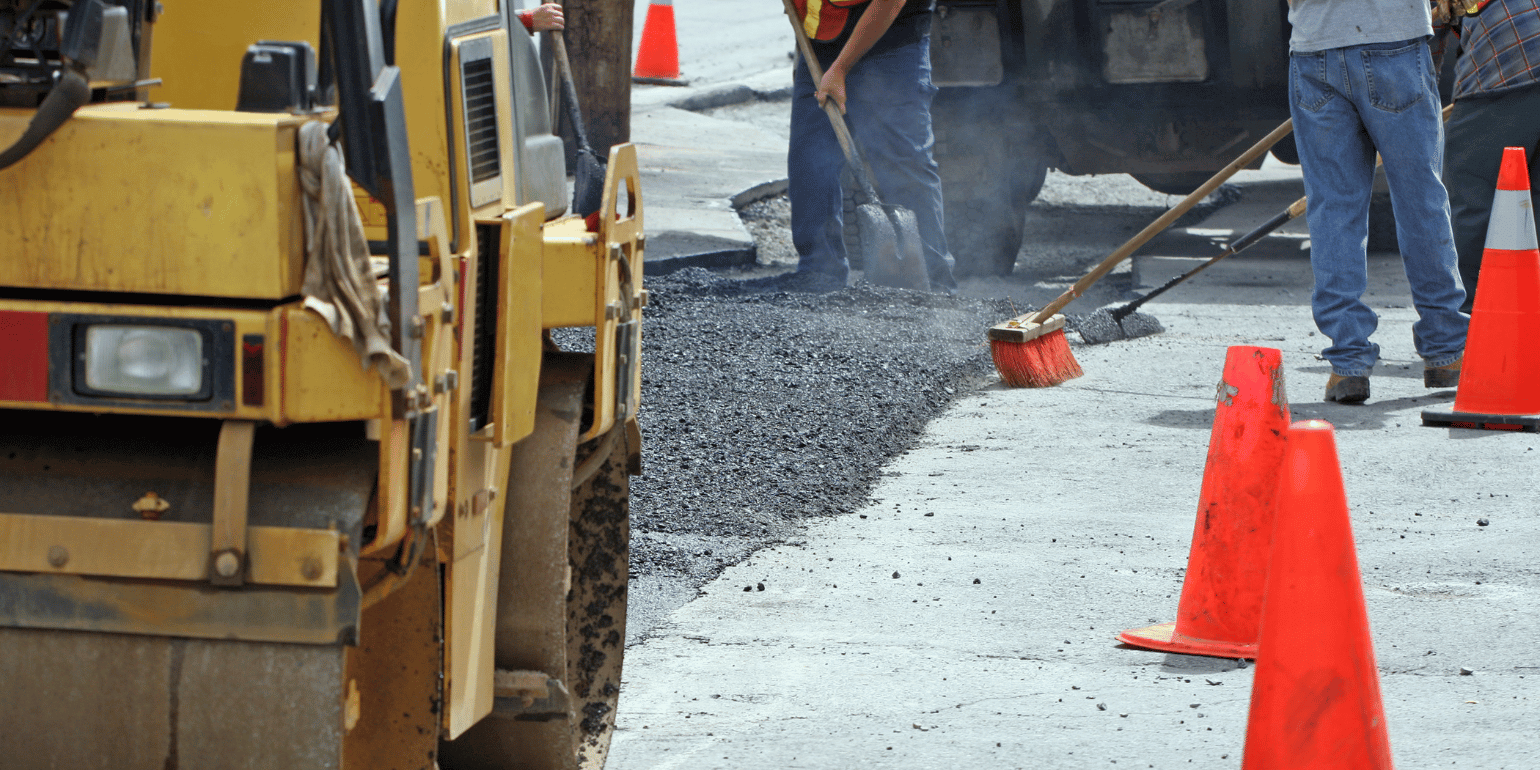
Road construction happening. Source: Canva
Lack of Public Transport
Finally, while KSA is already working to expand public transportation options, many people still rely on private cars for transportation because they are the easiest. Fuel prices are also a big factor in the prevalence of private vehicles. The more cars on the road, the heavier the traffic.
KSA’s Saher Monitoring System
An interesting fact about Saudi Arabia’s transportation sector is that it already has a monitoring system in place called the Saher System. With the first phase implemented in 2010, the Saher System is an automated traffic management system that uses digital cameras and network technology.
The country is using this system to:
- Automatically improve traffic flow.
- Track and locate vehicles of the Traffic Dept. to help speed up dealing with cases and control field corps.
- Monitor the entrances and exits to major cities to identify vehicles for statistical purposes.
- Pinpoint stolen or wanted vehicles through the plates of these vehicles.
- Broadcast signboards with live demonstrations to guide drivers to avoid traffic jams on the roads.
- Monitor live flow traffic on major roads.
- Monitor and control traffic violations automatically and issue violation notices.
The Saher System’s Main Objectives
The main objective of the Saher System is to improve traffic safety through the use of advanced technologies in intelligent transportation (ITS). The system also aims to improve the efficiency of road networks, public safety, and the implementation of traffic rules.
Recently, the system has been upgraded and improved to better detect vehicles that are disobeying traffic regulations – overspeeding, running a red light, excessively changing lanes, being too close to other vehicles, using mobile phones while driving, not wearing a seatbelt, and more.
Saher System Limitations
Although the Saher System does have some useful features, it also has some limitations. Research has suggested that the Saher System has more room for improvement. Based on the results of the study, drivers have started to cover their license plates so the cameras of the system won’t be able to record their misdemeanors.
The study also shows that some drivers have found a workaround. When approaching a Saher camera, they slow down for a moment and then accelerate after they have passed the camera’s line of vision.
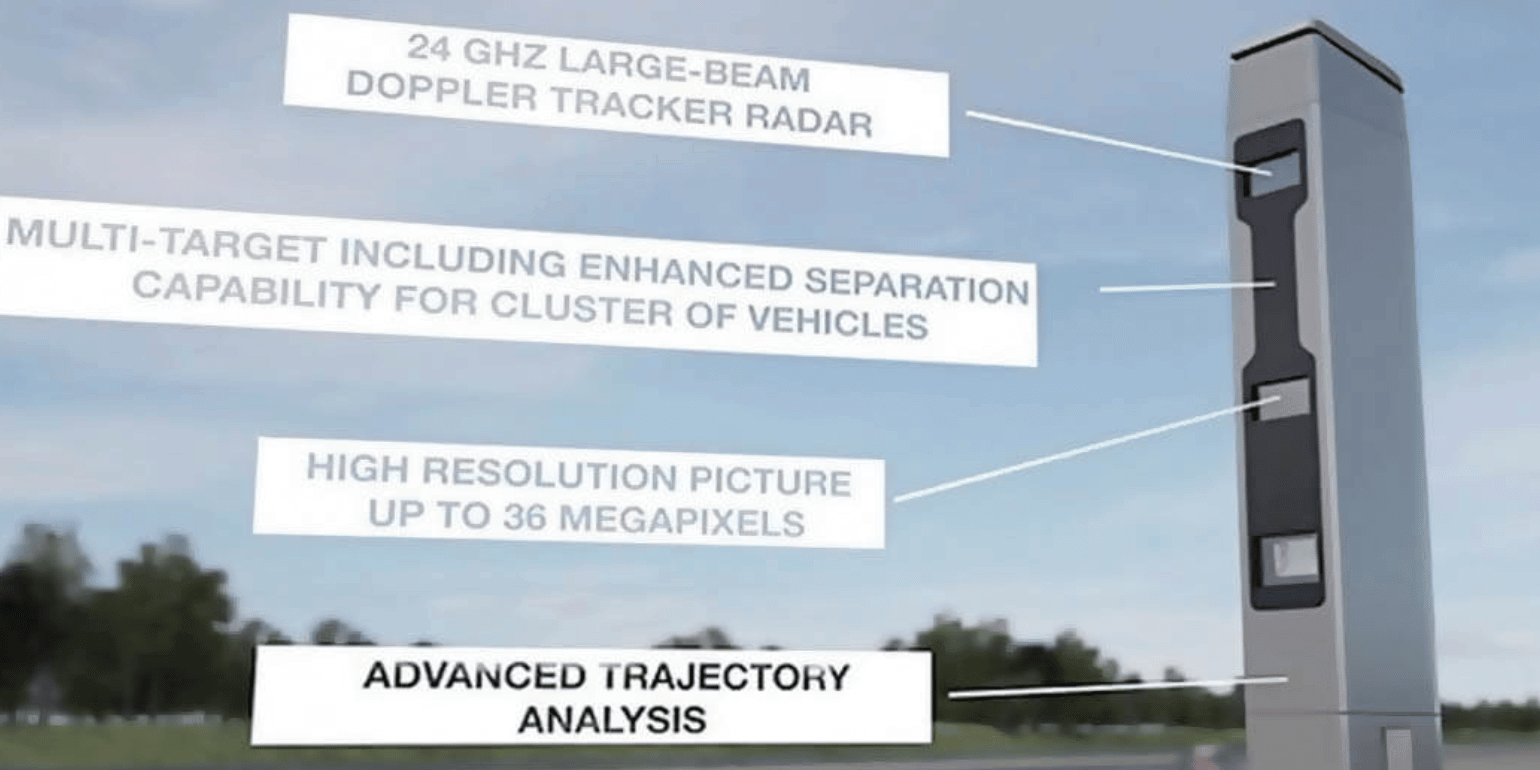
Saher Automated Camera. Source: MOI.gov
Additionally, although the system has existed since 2010, some citizens are unaware of it. Especially those in the younger age group.
The same research revealed drivers’ behavior towards the Saher System. Even if drivers were aware that they were passing through a Saher camera site, they weren’t too bothered because they know that there won’t be a police officer to stop them as they go over the speed limit, only automated cameras that don’t require any human interaction.
ALPR for Saudi Arabia Combined with the Saher System
The ALPR for Saudi Arabia can be a great tool to augment the system that’s already in place. In addition to the efforts that the Saher System is already doing, the ALPR for Saudi Arabia can:
Cater to Additional Cameras
The Saher cameras are only set up in key areas of the country. For instance, the entrances and exits of major cities. This leaves a lot of open areas to cover. With the ALPR for Saudi Arabia integrated with additional cameras, the engine can accurately process live camera feeds quickly and accurately. The ALPR for Saudi Arabia works even at difficult angles and low light conditions. It can also process blurry images and still accurately capture plates of speeding vehicles, and more.
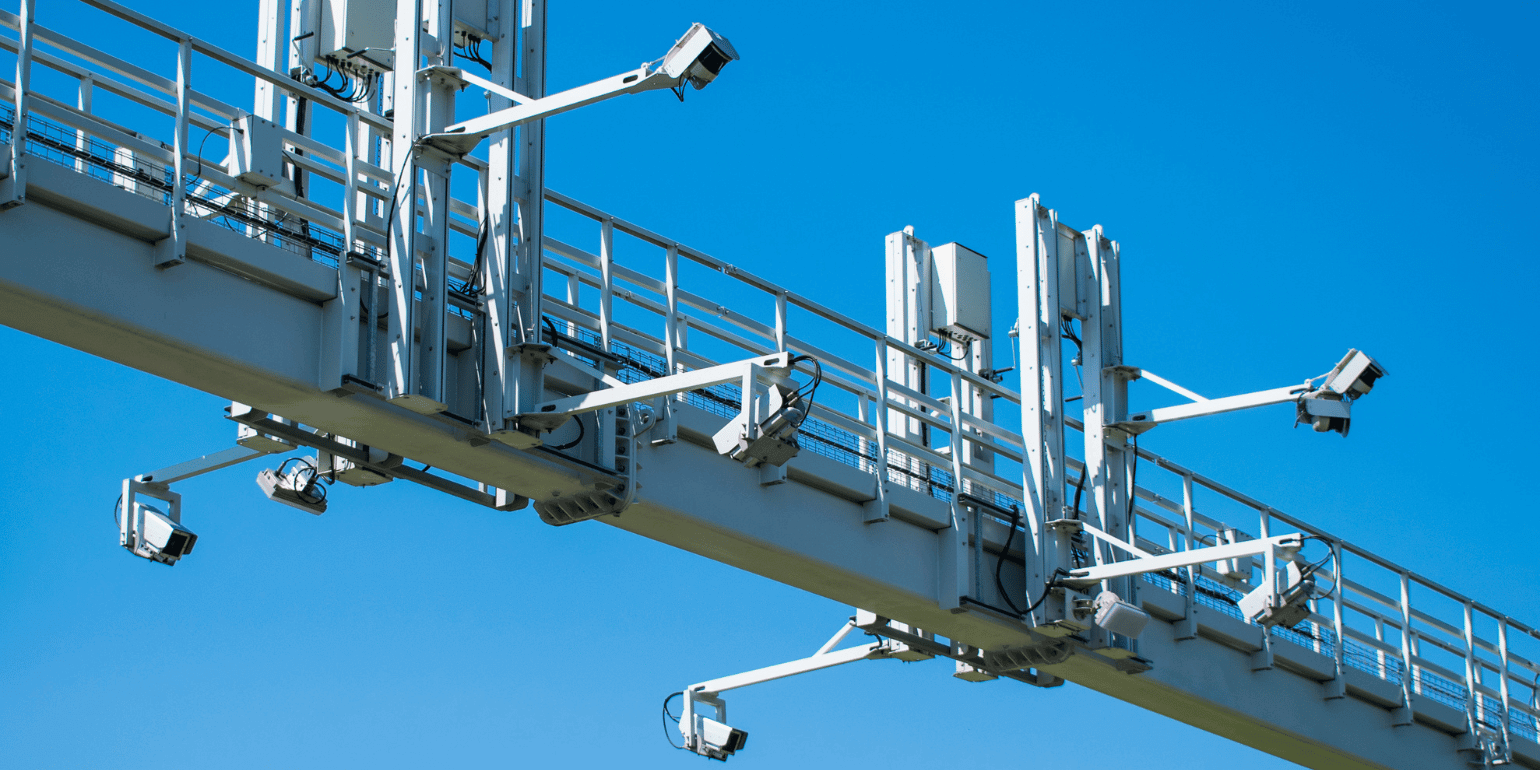
Active highway cameras. Source: Canva
Lessen the Response Time to Road Accidents
A study has confirmed the duration of time an EMS unit took to reach the site of an incident needs improvement. With the implementation of the ALPR for Saudi Arabia, a system can be put in place to alert the authorities nearest the site of the accident to respond immediately.
Gather Specific Identifying Data
The ANPR for KSA isn’t just for accurately reading license plates. The engine can also provide data that can serve as identifiers of a specific vehicle. For example, the engine can provide the region of the plate, the vehicle type, make, color, and orientation.
The Stream of the ALPR for Saudi Arabia can even provide the direction of travel – the degree of angle that a vehicle is traveling based on a unit circle.
With this type of data gathered, it’s possible to accurately track specific vehicles that have several violations, then recommend the driver of the vehicles to go through continued traffic and road safety education.
Monitor Traffic Patterns
The ALPR for Saudi can also be used to monitor traffic patterns, predicting the time of the day and areas of the country where traffic jams will likely happen. From this, the transport sector can make informed, data-driven decisions to deploy traffic authorities to the scene to issue violations.
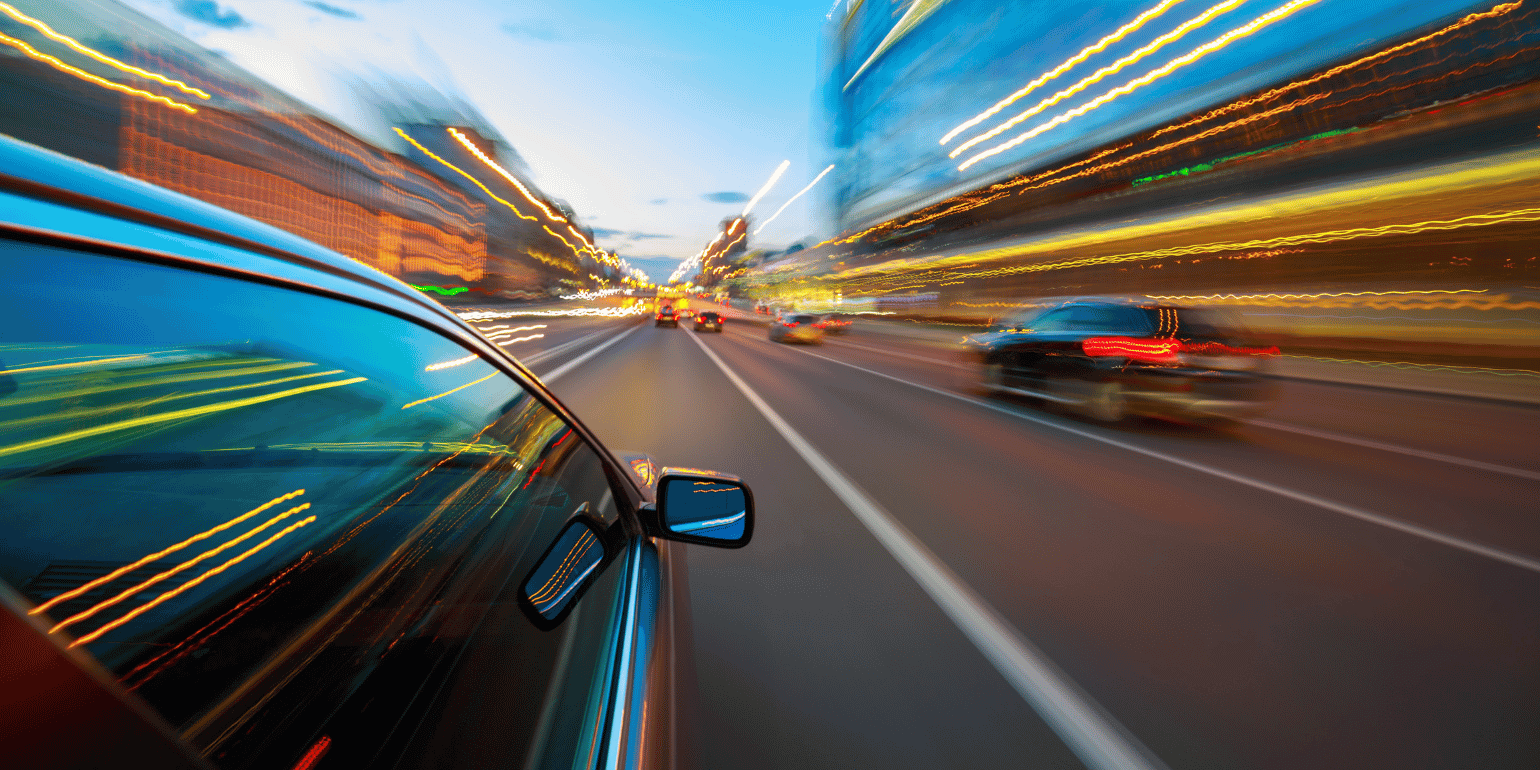
Speeding vehicles in the streets. Source: Canva
Efficiently Collect Tolls
The ALPR system for Saudi Arabia can be used to automate toll collection on highways and roads, reducing the need for physical toll booths. Toll collection can be automated, making record-keeping more efficient and improving traffic flow.
Private Establishments Can Benefit from ALPR for Saudi Arabia
Thanks to the Vision 2030 blueprint and the growing economy of the country, it’s most likely that businesses will thrive in the years to come. Not only is the strategic plan targetting new investors but it is also one of the goals of Vision 2030 to attract 100 million tourists a year by 2030.
Saudi Arabian License Plates. Source: Plate Recognizer
As the government is working towards non-oil sectors, it can be an advantage for any type of business to be forward-looking. Early on, businesses need to take advantage of the current economic uprise to improve operations and security standards. A good place to start would be using the ALPR for Saudi Arabia to manage access and parking.
Al Rajhi Bank, one of the largest Islamic banks in the world, for example, has taken the initiative to use an ANPR engine to improve parking efficiency and the safety of employees. With the Vision 2030 efforts already advancing, other businesses might want to take advantage of using ALPR technology to:
- Prevent access to key areas of the business. Be alerted when cars that are not allowed to park in your area are attempting to get in.
- Manage parking spaces for employees, especially if your parking space is limited or if you’re planning to expand your parking space.
- Monitor visitors that enter your parking space.
- Detect threats.
Kinds of Businesses that Can Benefit from ALPR for Saudi Arabia
Because the ALPR for Saudi Arabia is customizable and flexible, there are many use cases. Some of the businesses that can greatly benefit from using an ALPR engine include:
- Schools and other education centers
- Pharmaceutical companies
- Businesses in the basic metals sector
- Transportation and storage businesses
- Wholesale and retail trading businesses
- Vehicle repair companies
- Hospitals and health centers
- Places of religious worship
- Malls
- Exclusive communities
Especially if your business is located in Riyadh – the city targeted to be made into a global business hub, you should be ready for the country’s growing economy.
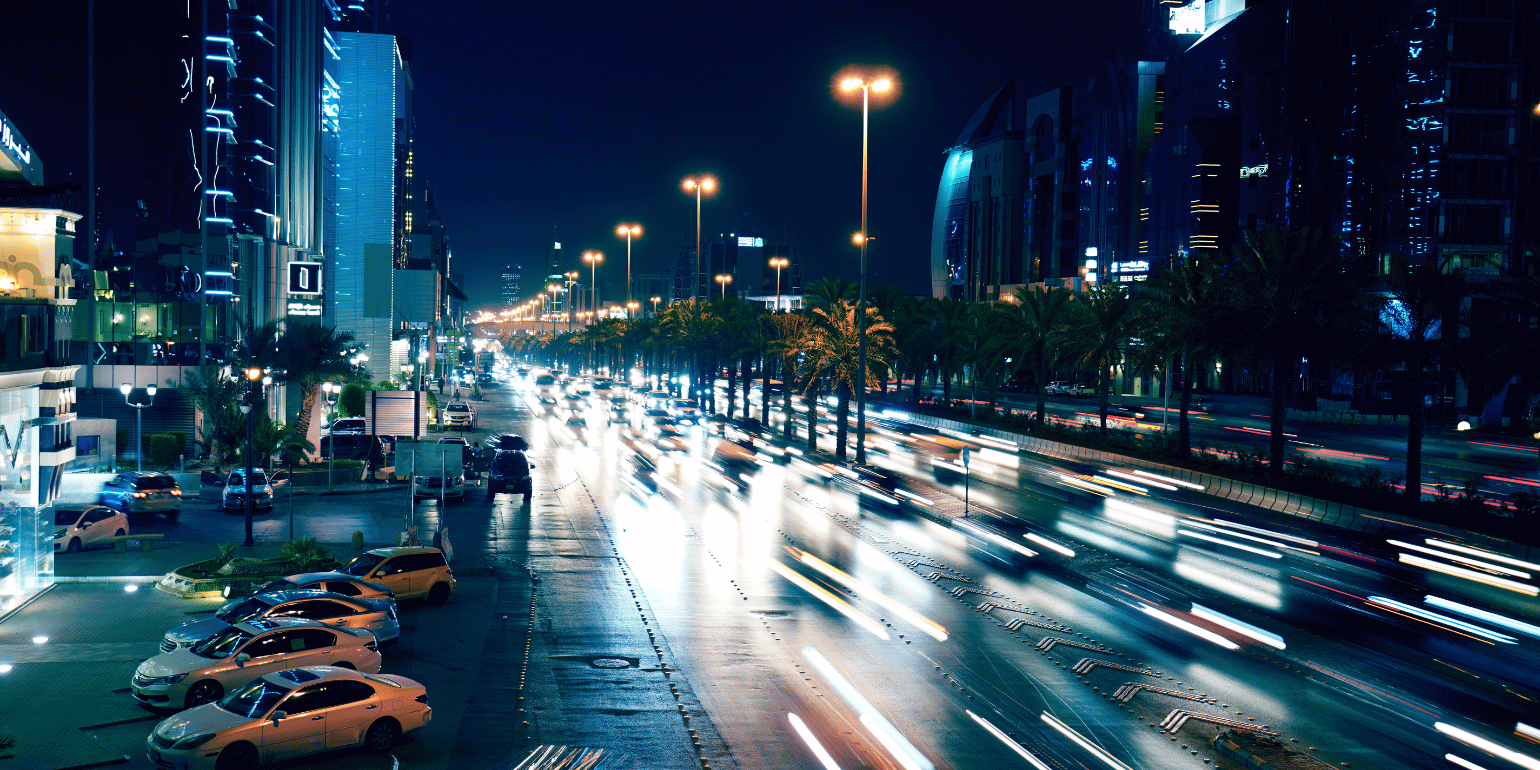
Riyadh at Night. Source: Canva
Test Drive for Free: ALPR for Saudi Arabia
With progress comes new challenges that should be considered early on. Both the public and private sectors need to be ready for the progress that comes with Saudi Arabia’s Vision 2030. Endeavors towards public safety and traffic management need to be supplemented with the use of country-specific tools like the ALPR for Saudi Arabia.
If the ALPR for Saudi Arabia is something that you’re interested in trying, test drive the ALPR for free by signing up for an account. For more questions regarding the ALPR for KSA, send us a message anytime. We’re ready to answer them.
